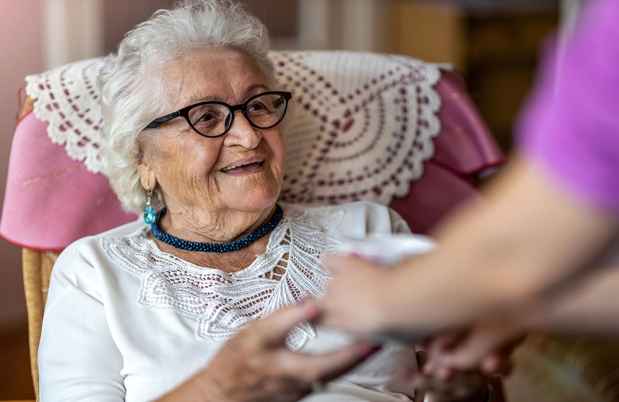Roundtable – Leveraging Social and Electronic Communications in Evaluation and Treatment (TIPS 2018)
This panel discusses the hypothesis that, at least under some instances, the diagnosis and treatment of a patient with a mental illness might be aided if the treating mental health professional has access to what the patient is communicating to others via social media, emails, and texts.
This roundtable discussion was part of the 2018 Technology in Psychiatry Summit, an event sponsored by the McLean Institute for Technology in Psychiatry, which occurred November 1-2, 2018 at Harvard Medical School, Boston, Massachusetts.
Panelists
Ipsit Vahia, MD, is a geriatric psychiatrist, clinician, and researcher. He is the medical director of the Geriatric Psychiatry Outpatient Services at McLean Hospital. His research focuses on the use of technology and informatics in the assessment and management of older adults. He is currently engaged in implementing a program on aging, behavior, and technology at McLean. Dr. Vahia serves on the Board of Directors of the American Association for Geriatric Psychiatry and the American Psychiatric Association Council on Geriatric Psychiatry. He is a recipient of several prestigious awards including the 2016 AAGP Barry Lebowitz Award and the 2014 APA Hartford Jeste Award.
Sharath Guntuku, PhD, is a research scientist at the Center for Digital Health at the University of Pennsylvania. His research aims to leverage large-scale social media image and text data to model social health outcomes and psychological traits. He uses machine learning, statistical analysis, natural language processing and computer vision to answer questions pertaining to health and psychology in individuals and communities. He also works closely with the World Well Being Project at the Positive Psychology Center and is affiliated with Penn Research in Machine Learning.
Munmun De Choudhury, PhD, is an assistant professor in the School of Interactive Computing at Georgia Tech where she directs the Social Dynamics and Wellbeing Lab. Dr. De Choudhury’s research interests lie at the intersection of machine learning, social media, and health, with a focus on assessing, understanding, and improving personal and societal mental health from online social interactions. Her work has been the recipient of ten awards at premier computer science conferences, and has been generously supported by funding from the NIH, NSF, IARPA, United Nations, and industry like Facebook, Yahoo!, Samsung, and Mozilla.
Benjamin Silverman, MD, is an IRB Chair for the Partners Human Research Committee and an instructor in Psychiatry at Harvard Medical School. Dr. Silverman completed fellowship training in addiction psychiatry through the Partners HealthCare System, followed by fellowship training with the Center for Bioethics at Harvard Medical School, where he remains on the faculty and teaches medical ethics and professionalism to first year medical students. Dr. Silverman’s interests in ethics center on research ethics, in particular pertaining to research conducted with vulnerable populations, and on the ethical dilemmas related to privacy and boundaries that emerging information technologies present to clinicians.
Mona Potter, MD, is medical director of McLean’s Child and Adolescent Outpatient Services, including the McLean Anxiety Mastery Program and the School Consultation Service. Dr. Potter has particular interest in the treatment of pediatric anxiety disorders, OCD, mood disorders, and borderline personality disorder, with a focus on collaboration with schools. Prior to her current role, she served as the medical director for the 3East Cambridge Residence and The Landing at McLean Hospital.
Please visit mclean.org/itp to learn more about the McLean Institute for Technology in Psychiatry.


